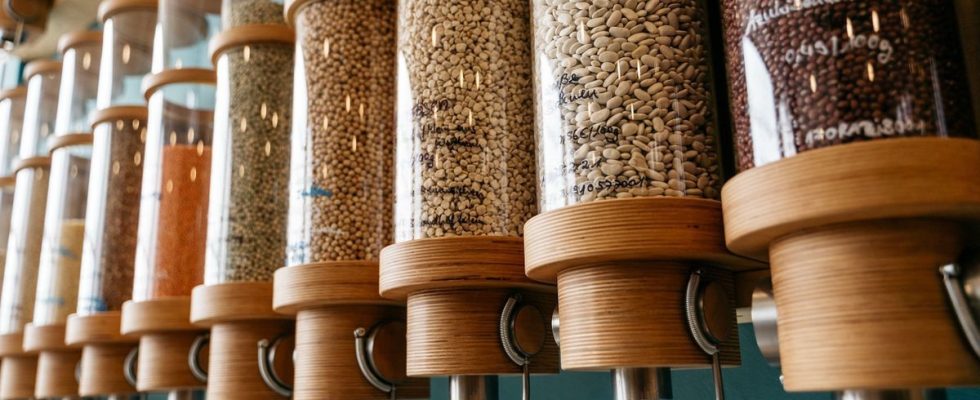Published on
Updated
Reading 2 min.
For more than half of French people, sorting is no longer enough: 57% agree that we must produce less waste to reduce our carbon footprint and daily pollution. This is what a survey published on the occasion of European Waste Reduction Week reveals.
According to the results of the Odoxa survey carried out among 12,000 French people, the resolutions that respondents seem most inclined to adopt to limit their waste production consist of avoiding plastic equipment (78%) and giving up the purchase of disposable products (67%), for example plastic water bottles in favor of tap water (73%). This last option is particularly popular with young people (65%) and executives (68%). Although it has proven effective in limiting plastic consumption, bulk purchasing does not seem to have the same success: 50% of those surveyed practice it “occasionally”.
The survey also reveals that nine out of ten French people say they are committed to limiting their waste on a daily basis (88%). But if most of them (90%) claim to have acquired the practice of sorting, that of reducing waste production seems to be another kettle of fish: 33% of French people encounter difficulties in reducing their waste, mainly because They fear it will disrupt their daily lives (77%). An observation which is illustrated by the mixed reception reserved for the obligation to sort biowaste at source, a measure which will come into force in France from January 1, 2024 and which will mean that all individuals will have to have a practical solution. to manage their organic waste (peeings, food scraps, leaves, wood, animal litter residue, etc.). If 63% of French people surveyed have heard of it, 21% say they are resistant to the idea of composting, both for reasons of logistical constraints (76%) and supposed nuisances (66%). However, this is not the case for the majority of respondents, since 56% say they have already experimented with composting, 37% would practice it systematically and 23% would be ready to take the plunge in 2024!
Behind these national results, the survey notes “very divided practices” according to social classes and geographical areas. For example, there is a strong investment in waste reduction on the part of retirees, home owners, rural residents and residents of small towns. But this is less the case for young people, residents of large cities and apartment residents. “The living environment seems to constitute a key criterion for the French’s commitment to waste reduction while ecological concern, more strongly shared by the youngest and urban dwellers, appears less determining in attitudes and behavior.”analyze the authors of the survey.
